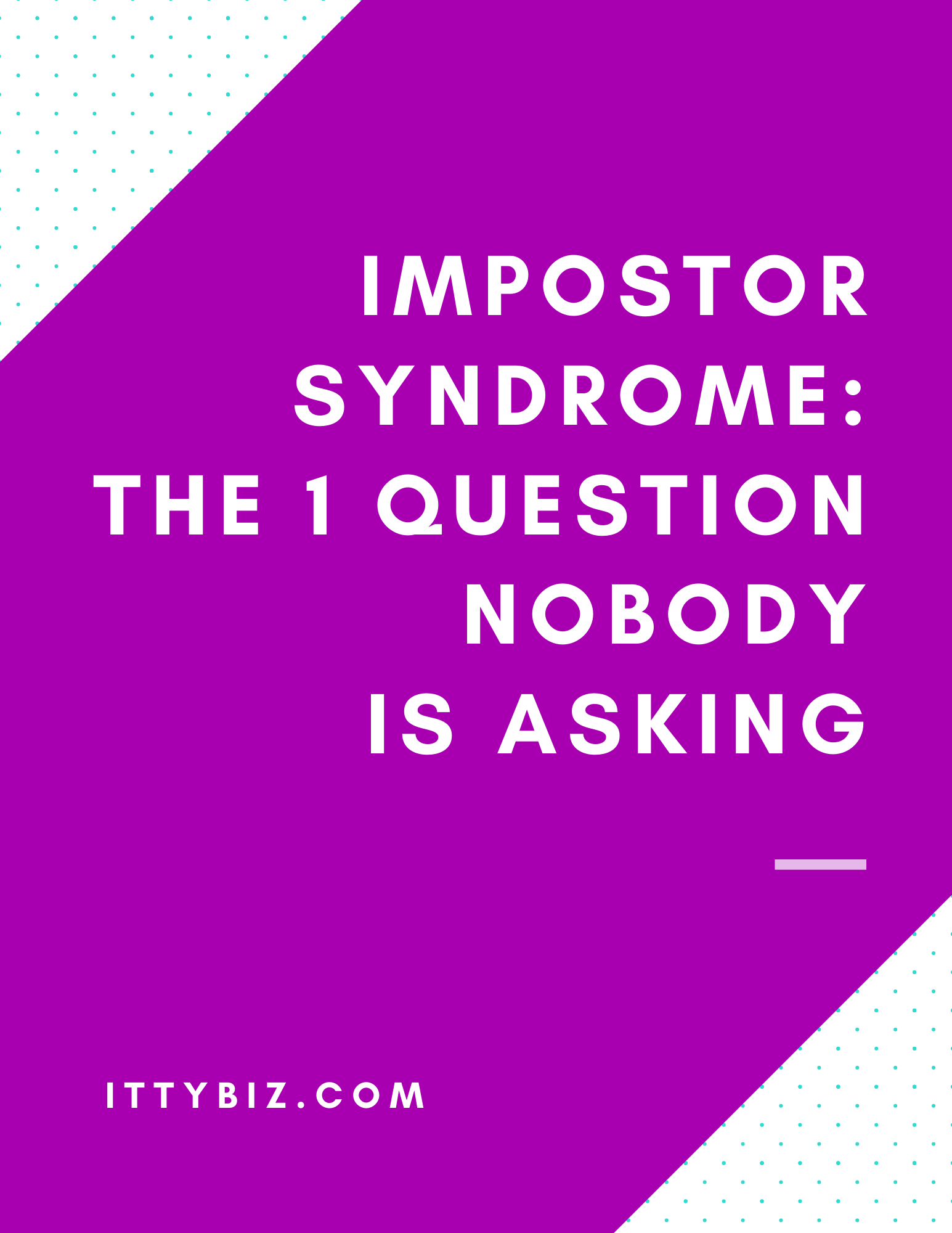Exploring Task Delays, Emotional Dependency, and Impostor Syndrome
Exploring Task Delays, Emotional Dependency, and Impostor Syndrome
Blog Article
Have you ever wondered why people procrastinate? Psychological research provides valuable explanations into these behaviors, helping us understand their roots and possible solutions.
In this article, we will delve into the scientific foundations como vencer a procrastinacao behind procrastination, emotional dependency, and impostor syndrome. By understanding their underlying causes, you can take actionable steps toward self-improvement.
What is Procrastination?
Procrastination is not just laziness; it’s a behavior rooted in brain functions. Studies in neuroscience show that the battle between the limbic system and the prefrontal cortex often leads to procrastination.

The limbic system, which governs emotions and immediate gratification, tends to override the prefrontal cortex. This results in prioritizing short-term comfort over long-term goals. Cognitive behavioral therapy (CBT) can assist in retraining the brain to focus on productive habits.
The Psychology of Emotional Dependency
Emotional dependency has its roots in psychological attachment. Studies suggest that early relationships with caregivers play a significant role in forming emotional patterns.
For example, people with insecure attachment styles may develop excessive reliance on others. To overcome emotional dependency involves addressing these attachment wounds through practices like journaling, therapy, or mindfulness-based techniques.
The Cognitive Science of Impostor Syndrome
Impostor syndrome stems from biased mental patterns, such as overgeneralization and perfectionism. Studies in cognitive science indicate that individuals with impostor syndrome exhibit thought patterns that undermine their confidence.

The constant fear of inadequacy and a reluctance to internalize achievements. Strategies like cognitive reframing and mindfulness-based stress reduction (MBSR) have proven effective.
How to Overcome These Challenges Using Research-Based Strategies
Understanding the science is the first step, but actionable strategies are necessary to create change. Here are some proven methods:
- Procrastination: Use implementation intentions—specific plans that link a goal to a cue, such as “If it’s 9 AM, I will start writing my report.”
- Emotional Dependency: Practice self-differentiation, a technique where you focus on identifying your own needs separate from others’ expectations.
- Impostor Syndrome: Keep como vencer a procrastinação a success journal to document your accomplishments and review them regularly to challenge distorted self-perceptions.
These approaches have been validated through extensive research, making them effective pathways to improvement.
Conclusion: Science as a Guide to Personal Growth
These challenges are not insurmountable when approached with a scientific mindset. By addressing the brain’s tendencies, psychological patterns, and cognitive distortions, you can overcome these barriers.
The journey to self-improvement starts with awareness. Take the first step today by applying these strategies to unlock your potential and thrive.
Report this page